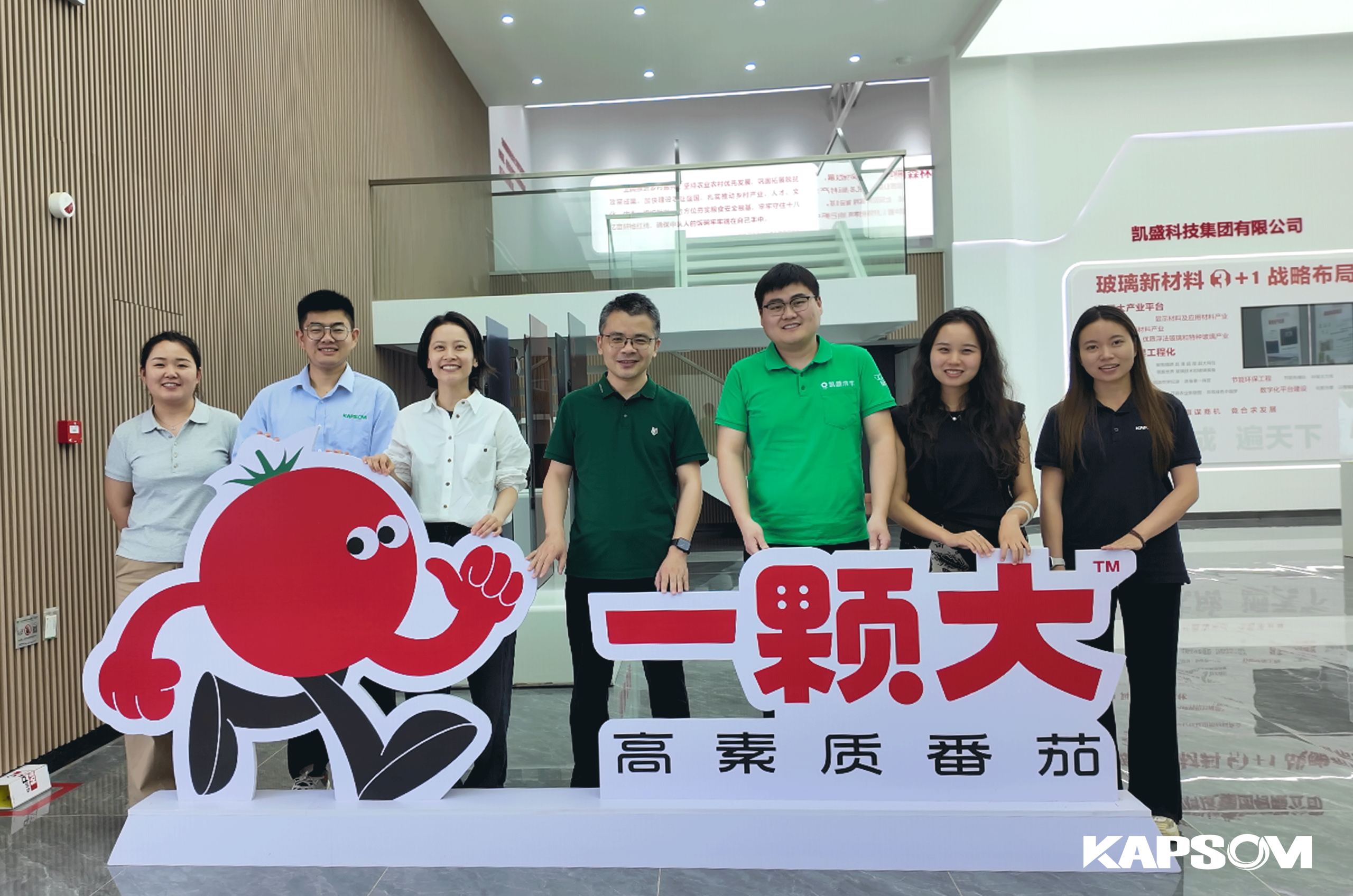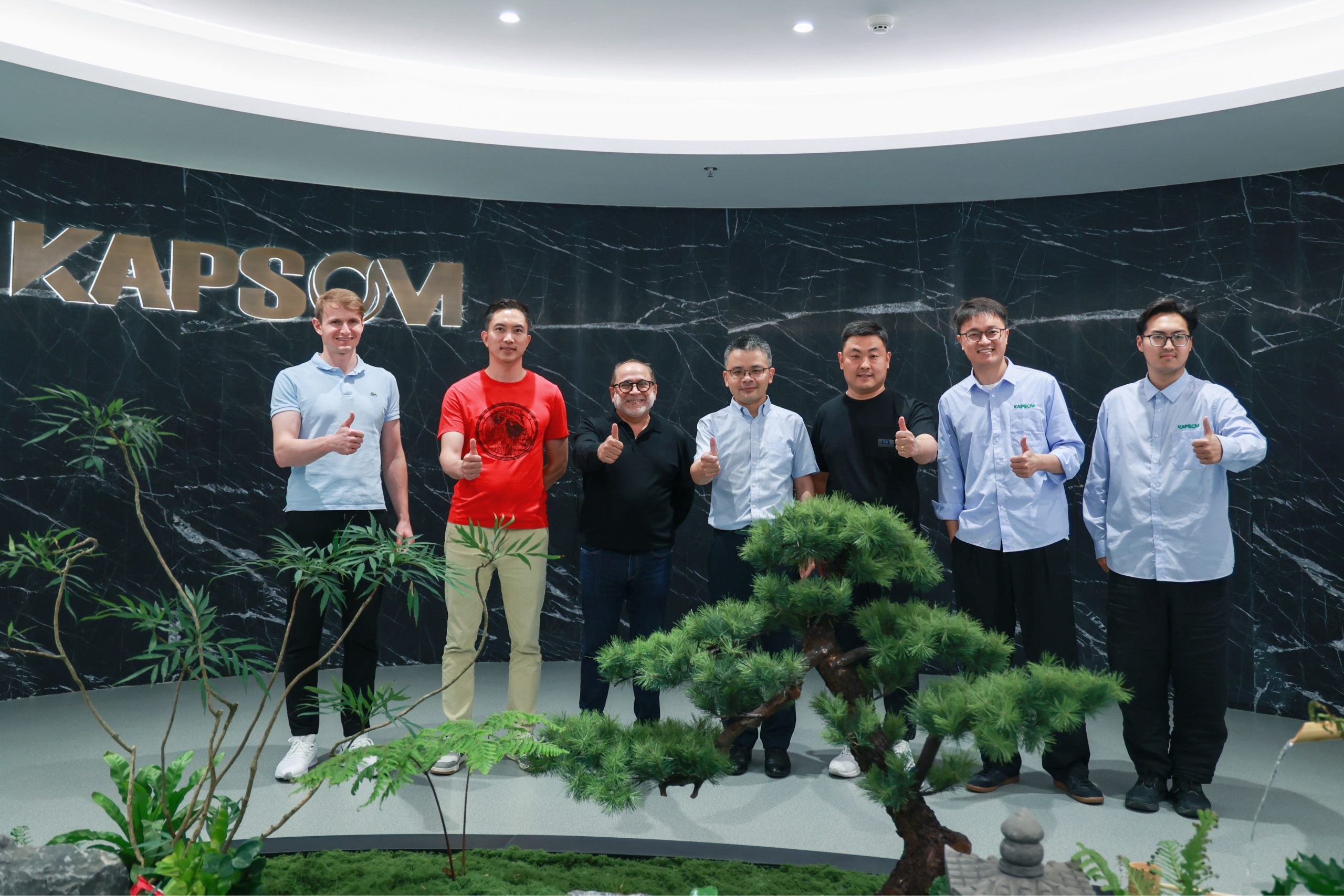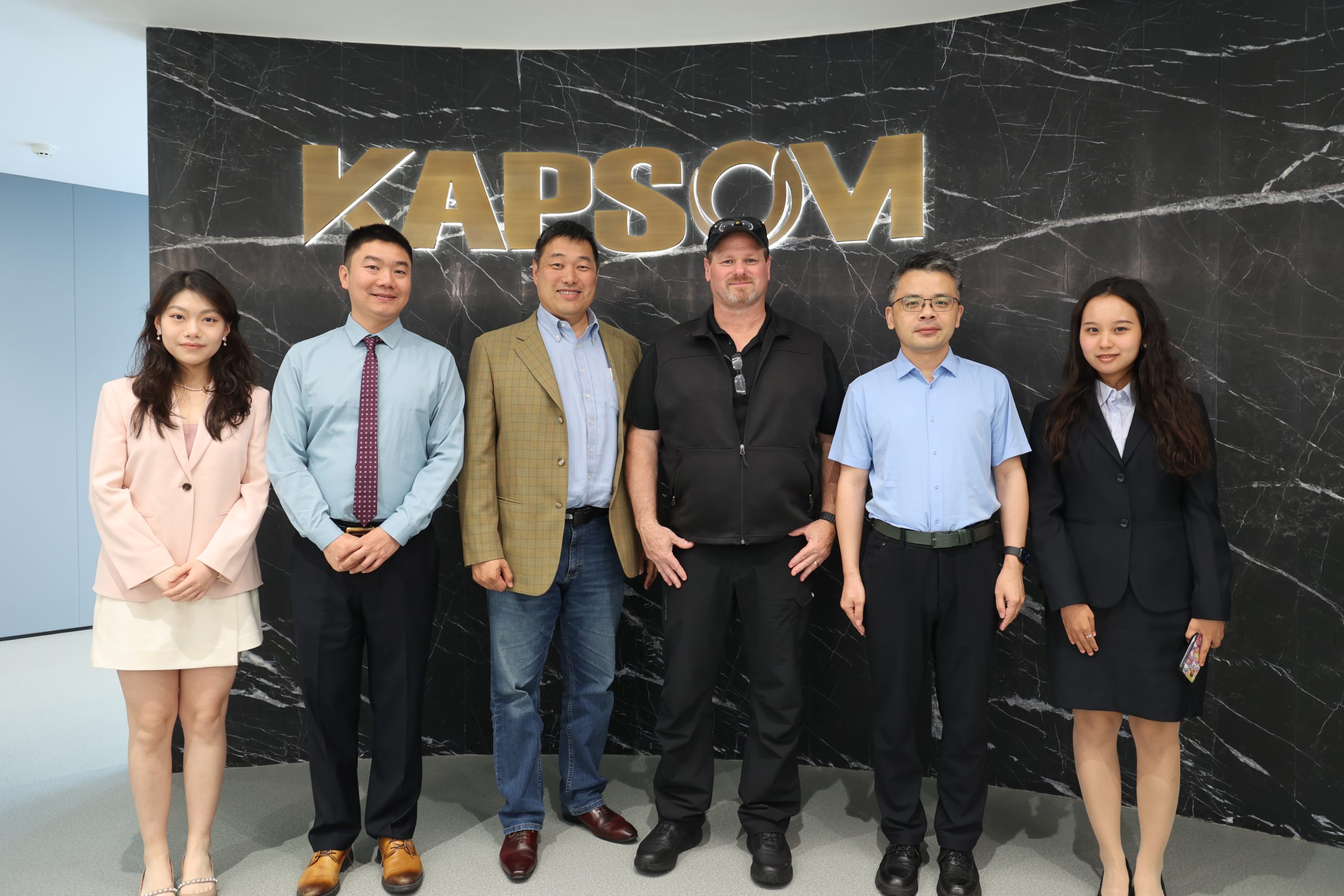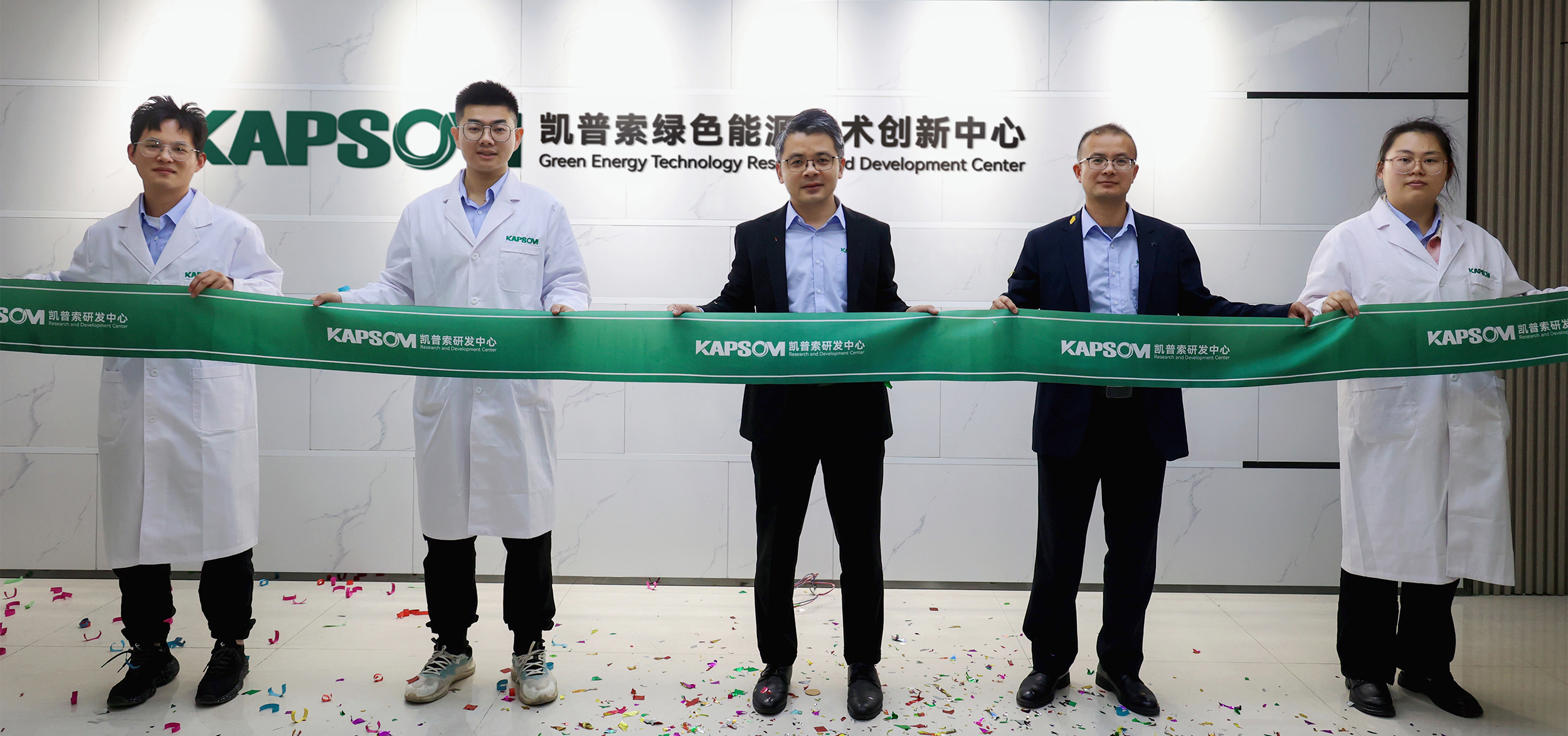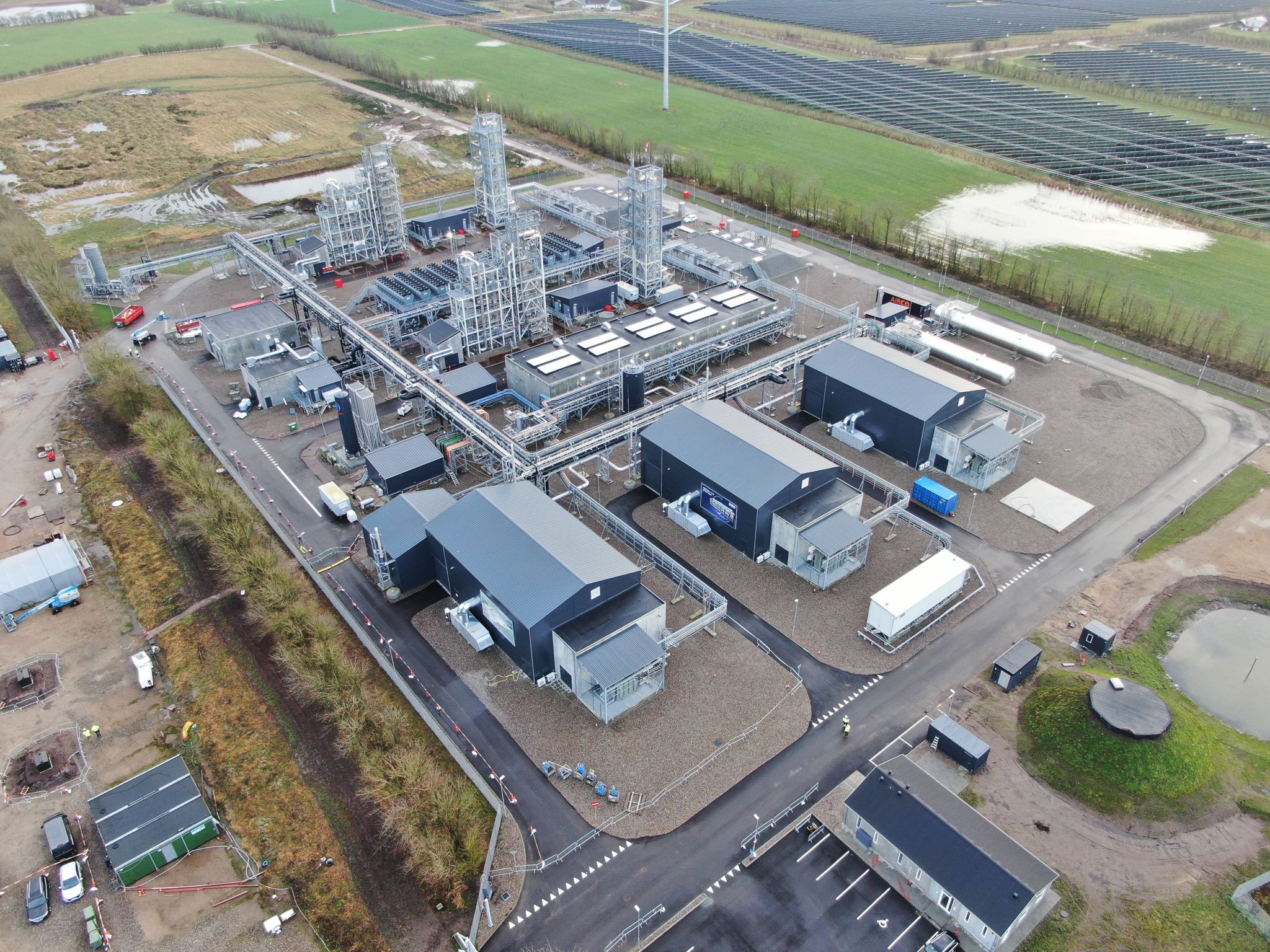On June 2, 2023, Maged M Shafik, general manager of L.C.G Egypt, visited KAPSOM, and Kelvin Yuan, general manager of KAPSOM, received Shafik and his party.
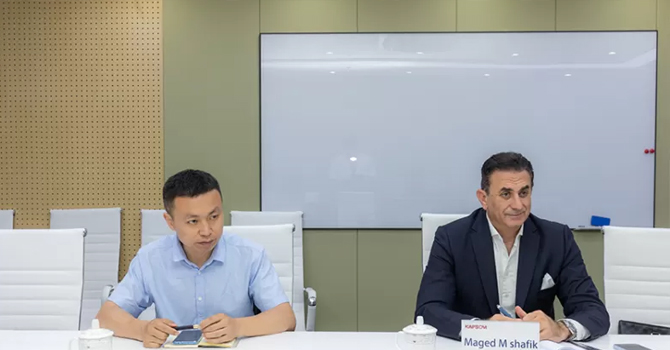
L.C.G is one of the largest suppliers and distributors of chemical raw materials in the Egyptian market. The company was established in 1992. During this visit to KAPSOM, they mainly conducted extensive exchanges on the cooperation of calcium chloride project, sulfuric acid project, green hydrogen and green ammonia project in the Egyptian market.
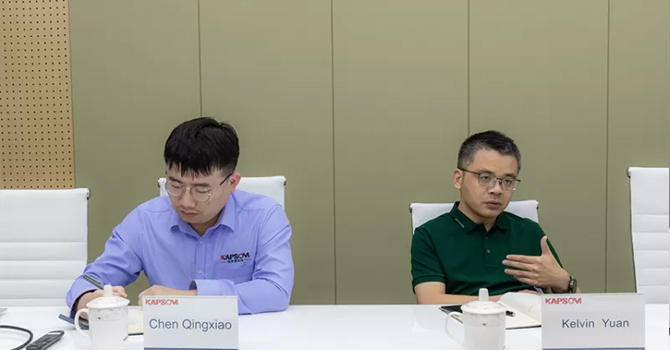
Egypt spans two continents, Asia and Africa, with a territory of 1 million square kilometers and a population of more than 100 million. It is one of the most important economies in the Arab world and Africa. According to the wind and solar energy map released by Egypt, the average sunshine duration in Egypt can reach 9-11 hours, and the annual average direct solar radiation intensity is as high as 2000-3200 kWh per square meter. The average wind speed above 50 meters in the southern part of the desert reaches 8-10 m/s and 6-8 m/s respectively, with abundant wind energy resources. The east and west regions of the Nile River in Egypt can build 52.3GW of solar power installed capacity and 31.15GW of wind power installed capacity, which is undoubtedly a fertile ground for the development of renewable energy.
The total installed capacity of green hydrogen projects planned to be put into operation in Egypt by 2035 is 11.62 GW, which makes the country rank among the top in the world in terms of global green hydrogen installed capacity. International investors are showing interest in the Egyptian green hydrogen market, taking into account factors such as geographical location, natural gas infrastructure, liquefaction facilities, fuel markets, ports, and solar and wind potential. In addition, Egypt is also close to the European Union and Middle East markets, which will have a huge demand for hydrogen energy in the next few years.
The Egyptian government has realized the importance of green hydrogen and ammonia production, storage, import and export to the national development strategy, and is considering providing state support and tax incentives to simplify the construction, operation and management procedures of hydrogen energy projects. Additional incentives include preferential customs import and export tax rates, state-borne utility connection costs, etc. If the project is put into operation within two years, the state can also compensate 50% of the land allocation cost. These policies make Egypt one of the most promising renewable hydrogen hot spots in the world.

